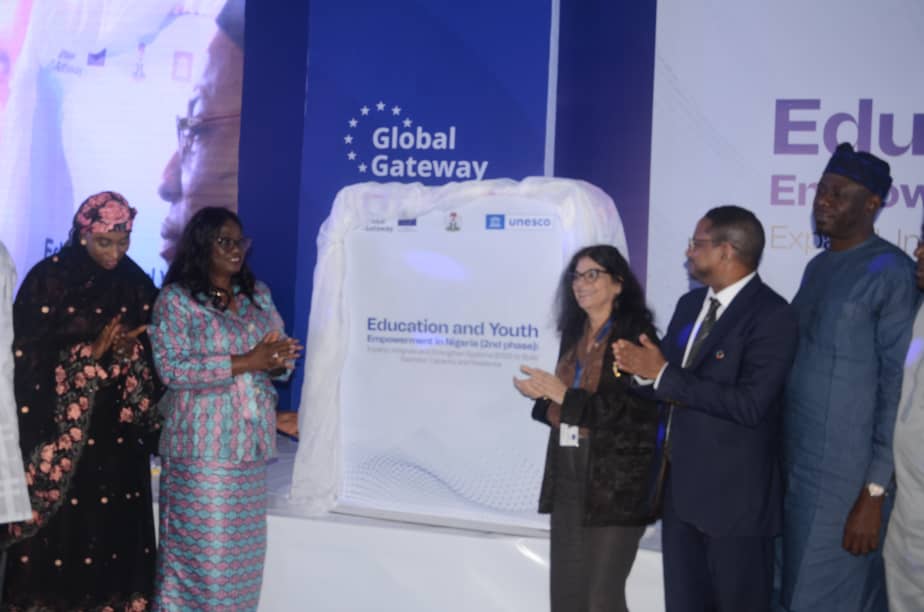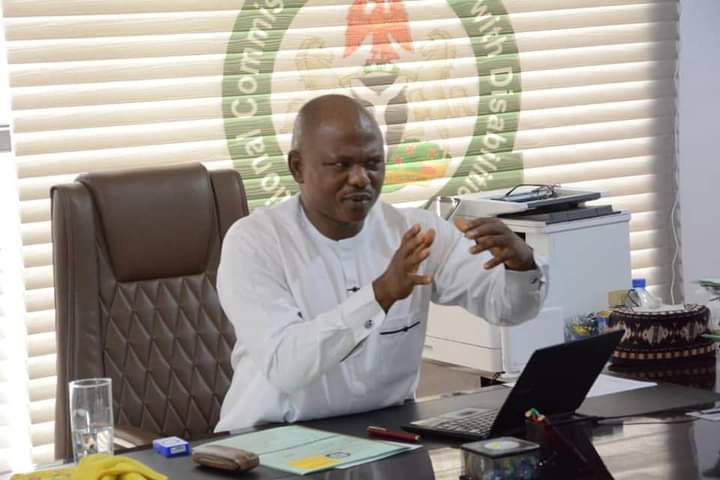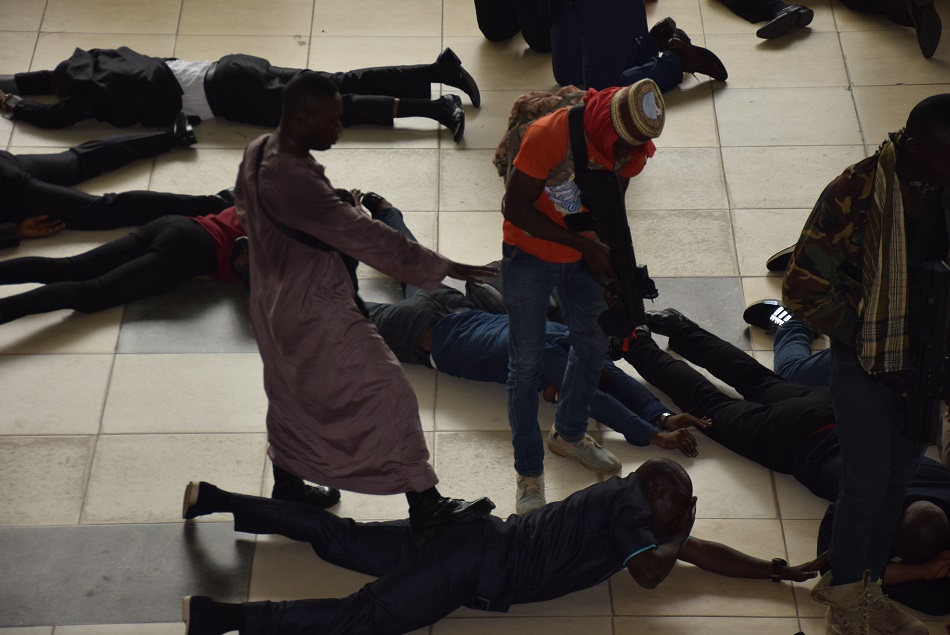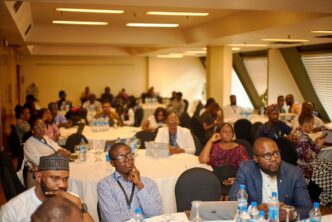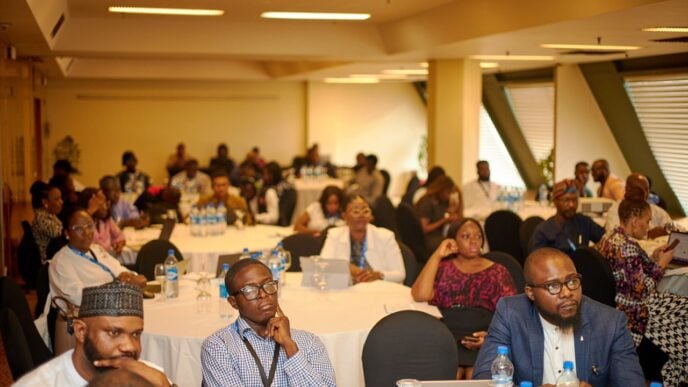EU partners training colleges
The European Union (EU) has launched the second phase of its education programme.
Tagged ‘Expand, Integrate and Strengthen Systems (EISS)’, the programme aims to bolster capacity of teachers in the country.
Speaking at the launch of the programme on Wednesday, Leila Ben Amor Mathieu, EU’s head of human development, said the union is focusing on teachers because they are the “bedrock of education”.
Mathieu said the EU would partner with six training colleges in Adamawa, Bayelsa, Enugu, Katsina, Plateau and Oyo, “who will then reach out to a wider pool of teachers”.
Advertisement
“Why focus on teachers? Because teachers are the bedrock of education. They are the ones who inspire, nurture, and guide our future generations,” she said.
“Investing in teachers is investing in our collective future. All over the world, they play an essential role in shaping the minds and hearts of the next generation.
“However, in many countries, and in Nigeria in particular, teachers face numerous challenges, ranging from insufficient resources to the pressures of adapting to rapidly changing educational environments.
Advertisement
“Recognising these challenges, the European Union has identified with the critical need to support Nigerian teachers in their professional development and personal resilience.
“By empowering teachers, we are not only enhancing the quality of education but also ensuring that students receive the guidance and support they need to succeed in an ever-changing world.
“Specifically, the initiative will fund the development and review of education policies and career paths for the teaching profession in Nigeria.
“It will also ensure that teachers’ capacity and resilience are enhanced through pre-service and in-service teachers education programmes as well as strengthen teacher-student collaboration and learning teams at school and community levels.
Advertisement
“This programme’s implementation is entrusted to our partner, UNESCO.”
Mohammed Fall, UN resident coordinator, lamented that there is a paucity of trained teachers in schools.
“A 2021 report by UNESCO Institute for Statistics states that sub-Saharan Africa faces the biggest challenge, with the lowest percentages of trained teachers in pre-primary (57%), primary (67%) and secondary education (61%) among all regions,” Fall said.
“The UNESCO Global report on Teachers 2023, notes that teacher attrition is a global concern: between 2015 and 2022, attrition rates of primary education teachers doubled around the world from 4.6 to 9 per cent.
Advertisement
“Regardless of the country’s income level, and even remuneration, teachers are leaving the profession within the first five years of practice. We must halt this worrisome trend.”
He commended Nigeria’s efforts to meet up with the sustainable development goals (SDGs).
Advertisement
Add a comment

